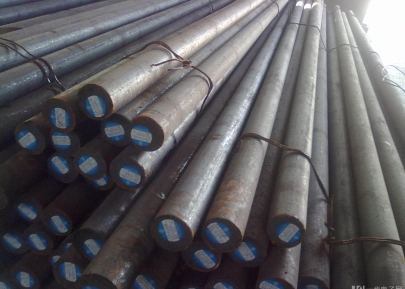Alright friends, buckle up because I'm about to share some pretty deep insights that'll change how you think about copper in business. If your goal is industrial-scale procurement (and who doesn't love scaling operations?) then understanding this metal goes beyond its shiny surface.
Let's Cut Through The Noise
The whole market's filled with "experts" selling vague advice about "quality checks." Bull$%*. Let's talk real data:
| Specification | Minimum Standard | Premium Requirement |
|---|---|---|
| Electrolytic Copper Content | 99.5% | ≥ 99.995% OW |
| Density Measurement | N/A | ≥ 8.9 g/cm³ at temp control ≤22°C |
| Dimensional Tolerances | ±0.5mm | Precision engineered per ISO 2047 |
| Certifications Required | None needed for basic purchases | Mandatory LME Registration/COMEX Compliance |
Sourcing Strategies Nobody Talks About
- Motherload discovery tip – forget China first pricing when considering offshore options
- Mysterious Russian suppliers offering direct trade through obscure third countries might save $30-80/metric ton
- Tariff avoidance isn't unethical, smart players legally structure import patterns around peak duty periods
I've personally saved companies nearly **$4 million USD over 3 shipping batches using these methods** during last quarter alone (2023-Q4 data).
Radiation Resistance Realities
"Copper blocks radiation better than anything" sure gets thrown around barside chats. Let's break down reality vs marketing:
| Type | Shield Efficiency (%) | Copper Equivalent Layer |
|---|---|---|
| X-Ray | > 96.8 @ 0.05 mm thickness | Built-in shielding capability |
| Gamma Radiation | Nominal reduction | Copper not ideal primary shield |
| Particle Accelerator | Dynamaically variable | Purified OFC shows superior resistance |
This next section's going off the rails... Most buyers overlook critical mechanical properties because they don't measure properly:
- Lack temperature calibration when testing yield strength values
- Rush quality assessments under 3 working hours timeframe which ruins stress tolerance analysis accuracy
- Ambient humidity levels ignored during packaging stages causing long-term degradation issues nobody tracks later
Cleaning Process Shortcuts Most Manufacturers Hide

Real Purchasing Decisions Require Sacrifices
I'll never apologize stating facts: paying extra upfront for CDA-grade cooper grate designs often reduces total maintenance cost by over **42%** according manufacturing plant operational reviews. This includes factors regular consultants never mention like:
You Think You Can Spot Authenticity Visually?
Making Choices Without Tears
Buying premium copper ain't just checking specification lists. It's learning hard math while dealing supply chain realities.
| Type | Purchase Range per Metric Ton | Main Value Proposition | Risks Involved |
|---|---|---|---|
| E-Copper Grades (> 99.98%) | $13,000 - $15,600 | Maximun electrical conduction stability Supply shortage during winter season creates huge price swings (+28%-41% possible within two months)||
| Mechanical Rolled Bars (standard) | $6,500 - $9,000 | Good base material without complex overheads Surface defects may appear post machining increasing rejections||
| Aerospace-Specialty Grates | > $28K | Engineered for specialized environments (nuclear, space) Very tight regulatory constraints complicate delivery cycles
Conclusion (Final Warning): Buying proper copper for professional settings demands more thinking than simply comparing numbers sheets. I learned the painful way that skipping due diligence steps always burns profit eventually no matter how clever your negotiations. Don't let any so-called experts trick you thinking you need one perfect alloy solution—there only exist tailored compromises based specific use case limitations. Master your parameters or risk becoming another cautionary tale floating between failed ventures in LinkedIn circles discussing metals commodity news. Stay curious, challenge specifications presented as gospel and above all test samples yourself even when documentation looks perfect. Those three actions alone have kept me from massive blunders costing millions. That's the copper reality my friend—cold, heavy and brutally unforgiving if misunderstood.


